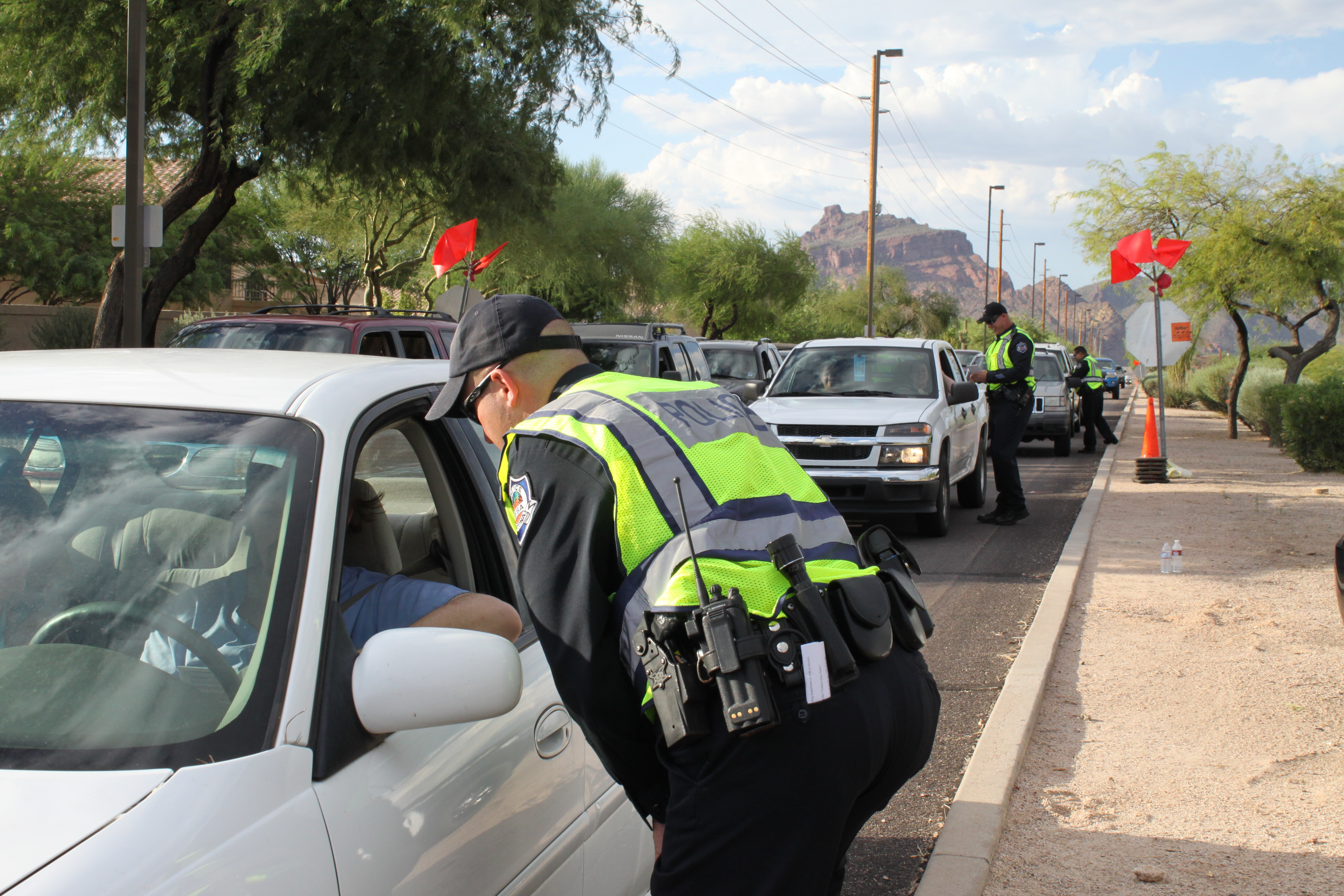Share This Article
Array
Last year alone, police in NSW did 166,351 drug tests. This represents over two and a half times more than in 2015.
In fact in 2019, there were 9,446 positive results obtained from road side drug testing by police, in contrast to the 9,123 in 2015 as outlined by the Bureau of Infrastructure, Transport and Regional Economics.
Interestingly, the amounts of deaths from motor vehicle accidents, where a person behind the wheel had an illicit drug in his/her system stabilised, namely, in 2015 there were 75, while in 2019 there were 2019.
Notwithstanding the above figures and the incomprehensible reasoning for these types of laws on drug driving, there are plans to now increase testing for drug driving this year. In fact, the government in NSW plan to conduct 200,000 roadside tests, says the Centre for Road Safety.
Tara McCarthy from Transport for NSW deputy secretary for safety, environment and regulation said, “deterring drivers who’ve recently used illicit drugs from taking the risk of driving is critical in reducing fatalities and serious injuries on NSW roads.”
In contrast, post-doctoral researcher from the University of Sydney has said, “obviously, drug driving is an issue, and people want to know police are detecting impaired drivers. But there are better ways than randomly saliva-testing everyone.”
$36 million is the figure that NSW Police have received in grants from the Transport for NSW for road safety purposes last year. $11.6m of that was used up on road-side drug tests.
These figures don’t even encompass the cost of police salaries and equipment required to conduct these tests.
The current law in NSW is that, it is illegal to drive a motor vehicle with the mere presence of an illegal drug in your your blood, urine or saliva. This is so, even if that presence does not impair your capacity to drive.
In contrast, drink driving is criminalised for the very good reason that it impairs driving and exposes people to danger. The level of BAC is an indication of the extent of such impairment.
Driving with the presence of an illicit drug in you bodily fluid, such as ecstasy, speed , THC, morphine or cocaine carries:
- A criminal conviction
- Up to $2,200 fine
- Automatic disqualification of driver licence for six-months or minimum 3-months
The above penalties are for first-time offenders, being offenders who have had no previous major offence in the last 5-years. For second or subsequence offender, the maximum penalties are heavier, prescribed by section 111 Road Transport Act 2013 (NSW).
Notwithstanding the above, a Magistrate or Judge does not normally impose a maximum penalty during sentence. In fact, if a Magistrate can be convinced, a person who pleads guilty can still end up being sentenced without a criminal conviction and without a licence disqualification, under a section 10 sentence penalty.
Click here for a complete guide on the law on your rights with police under the drug driving laws in NSW.
Book a Lawyer Online
Make a booking to arrange a free consult today.
Call For Free Consultation
Call Now to Speak To a Criminal Defence Lawyer
Over 40 Years Combined Experience
Proven SuccessAustralia-Wide
Experienced LawyerGuarantee
 (02) 8606 2218
(02) 8606 2218
 (02) 8606 2218
(02) 8606 2218















